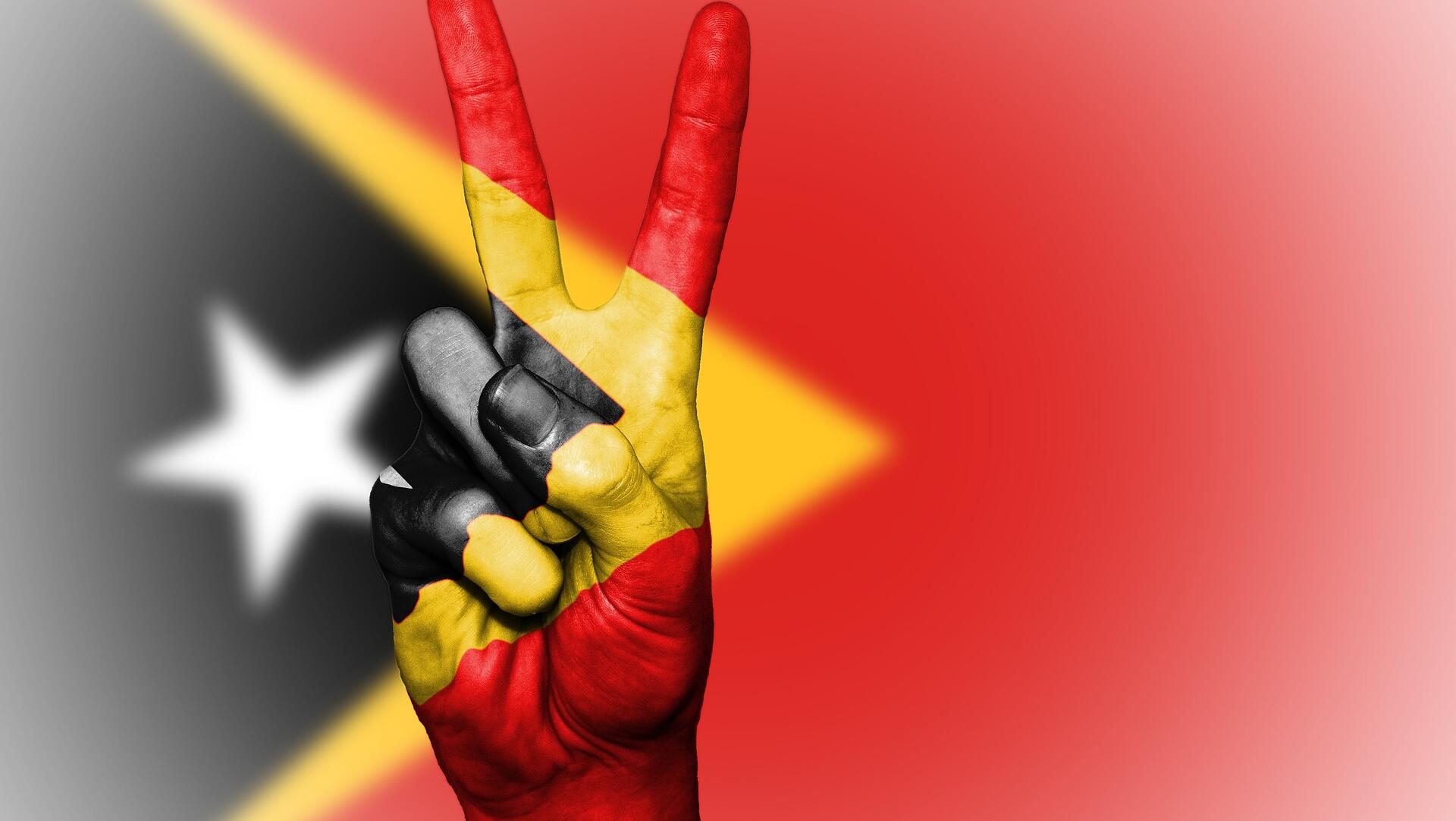The tiny island nation of Timor-Leste has vowed to fight a decade-old lawsuit from an Australian company that claims the world’s newest democracy breached a 2010 fuel supply deal.
If unsuccessful in having the case dismissed later this month, Timor-Leste plans to contest the lawsuit at trial as an attempt to perpetrate "a major fraud" against its government.
Energy infrastructure services platform, Lighthouse is suing the Timor-Leste government for $523 million plus interest and legal costs in the Supreme Court of Victoria for loss of potential profits the company could have allegedly made from a supply deal.
Over 10% of GDP
It’s understood that the amount Timor-Leste is being sued for represents over 11.5% of the country’s total GDP of $4.55 billion — a sum that experts predict would create a major financial burden for the small South-East Asian nation.
Lighthouse said in its lawsuit that it entered into a seven-year fuel supply agreement with the Timor-Leste government in late October 2010.
Under the terms of the deal, Lighthouse was to supply seven million litres of diesel fuel per month and provide eight emergency power generators free of charge, on the condition that only its fuel would be used.
Payments were to be made through letters of credit issued at least 20 days before each shipment.
Letters of credit
However, in its lawsuit Lighthouse claims that despite issuing demands and formal requests to the company’s prime minister Kay Rala Xanana Gusmão, Timor-Leste government never provided the required the necessary letters of credit, hence making the delivery of fuel impossible.
In a 190-page defence document filed in court, Timor-Leste denies ever entering into a formal agreement with the company and counterclaims that the case is a blatant attempt at “major fraud” against it.
Court documents suggest that the Timorese government ceased negotiations for any deal raised after Lighthouse A) allegedly failed to provide concrete evidence of its financial capacity and B) made unsubstantiated claims about its industry connections.
False representation
Within the court documents, Timor-Leste alleges it was misled by Lighthouse, through its Australian director and owner Albert Jacobs and others, plus executives Sean Magee and James (Dimitrios) Podaridis, who are named as plaintiffs in the lawsuit and defendants in the countersuit.
According to court documents, Timor-Leste claims Lighthouse "made a number of false representations about itself, its credentials, and its relationships designed to mislead the Timor-Leste government".
Court documents allege Lighthouse lied about having 30 years' experience in crude oil and diesel supply, positioning itself as one of Europe's largest private energy firms, and boasting ties to ExxonMobil, BP, and Caltex.
Given that Lighthouse was only incorporated in 2009, the defence argued that it was impossible for the company to have the expertise and industry ties it claimed to have.
No assets or operation
Court documents also allege that Australia-based Lighthouse had no real assets or operations, noting that one of its registered offices was a cafe at Alfred Hospital in Melbourne at the time.
Court documents reveal that in August 2011, the Timor-Leste government ceased negotiations on the proposal, citing alleged misrepresentations by Lighthouse regarding its exclusive agency agreement with another energy provider, Cummins South Pacific, and its financial capacity to deliver on the contract.
Lighthouse denied these allegations in court filings, arguing it had both the financial resources and contractual authority to meet its obligations, making the termination unlawful.
In response to ABC questions, Lighthouse Corporation director Albert Jacobs rejected allegations of fraud, insisting that the fuel supply agreement was legally executed with signatures from Prime Minister Xanana Gusmao and other senior officials.
Forged bank statements
Jacobs maintained that Lighthouse had the financial capacity to fulfil the contract, citing US$550 million (about $877 million) in bank accounts and agreements with major fuel suppliers, including a European refinery, Petronas, and BP Singapore.
Court documents filed by the Timor-Leste government in 2022 claim Lighthouse doctored a Commonwealth Bank statement, inflating its account balance from about $25,000 to $55 million to appear financially capable of delivering on the deal.
It’s understood the Commonwealth Bank of Australia (ASX: CBA) was subpoenaed in 2022 as part of Timor-Leste's legal defence against Lighthouse.
According to an affidavit by Timor-Leste's defence, the subpoenaed records confirmed that the original account balance was only $25,072.74, while the version Lighthouse provided in its proceedings to secure the fuel supply deal was false.
This alleged forgery is critical to Timor-Leste's claim that Lighthouse misrepresented itself.
Last year, Timor-Leste moved to dismiss the case, citing alleged fraudulent conduct by Lighthouse as a key reason.
Agio Pereira, the minister of the presidency of the council of ministers and government spokesman, told the ABC that "Timor-Leste will continue to vigorously defend its position", adding that Lighthouse "attempted to perpetrate a major fraud against the [Timor-Leste] government but ultimately failed", a claim the country's lawyers are arguing in court.
"As the matter is before the courts, the [Timor-Leste] government is unable to comment further," he said.
Timor-Leste hopes to have the case dismissed on 27 February.
